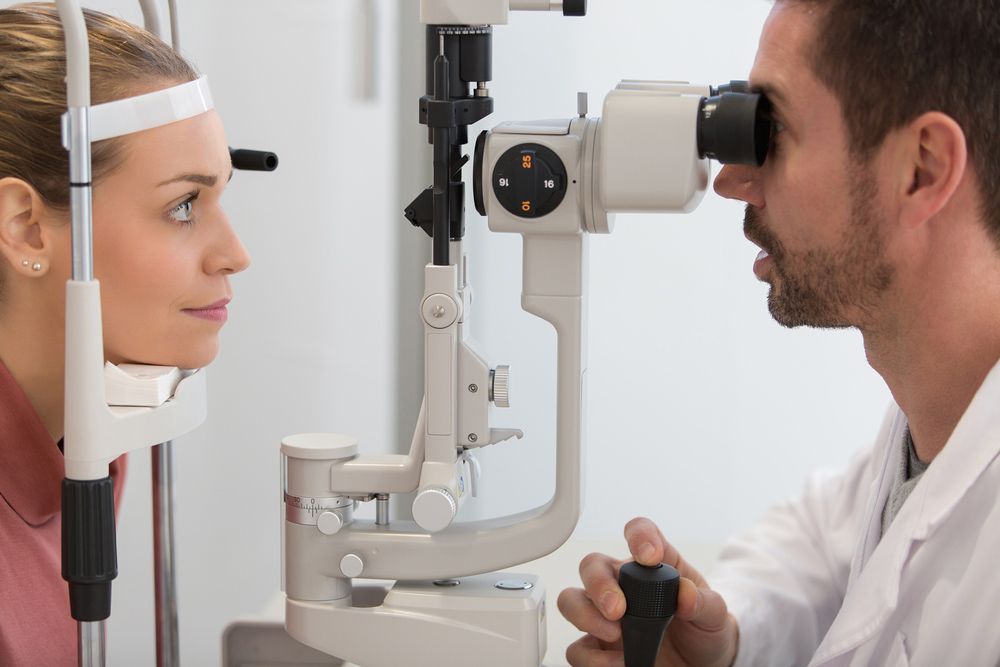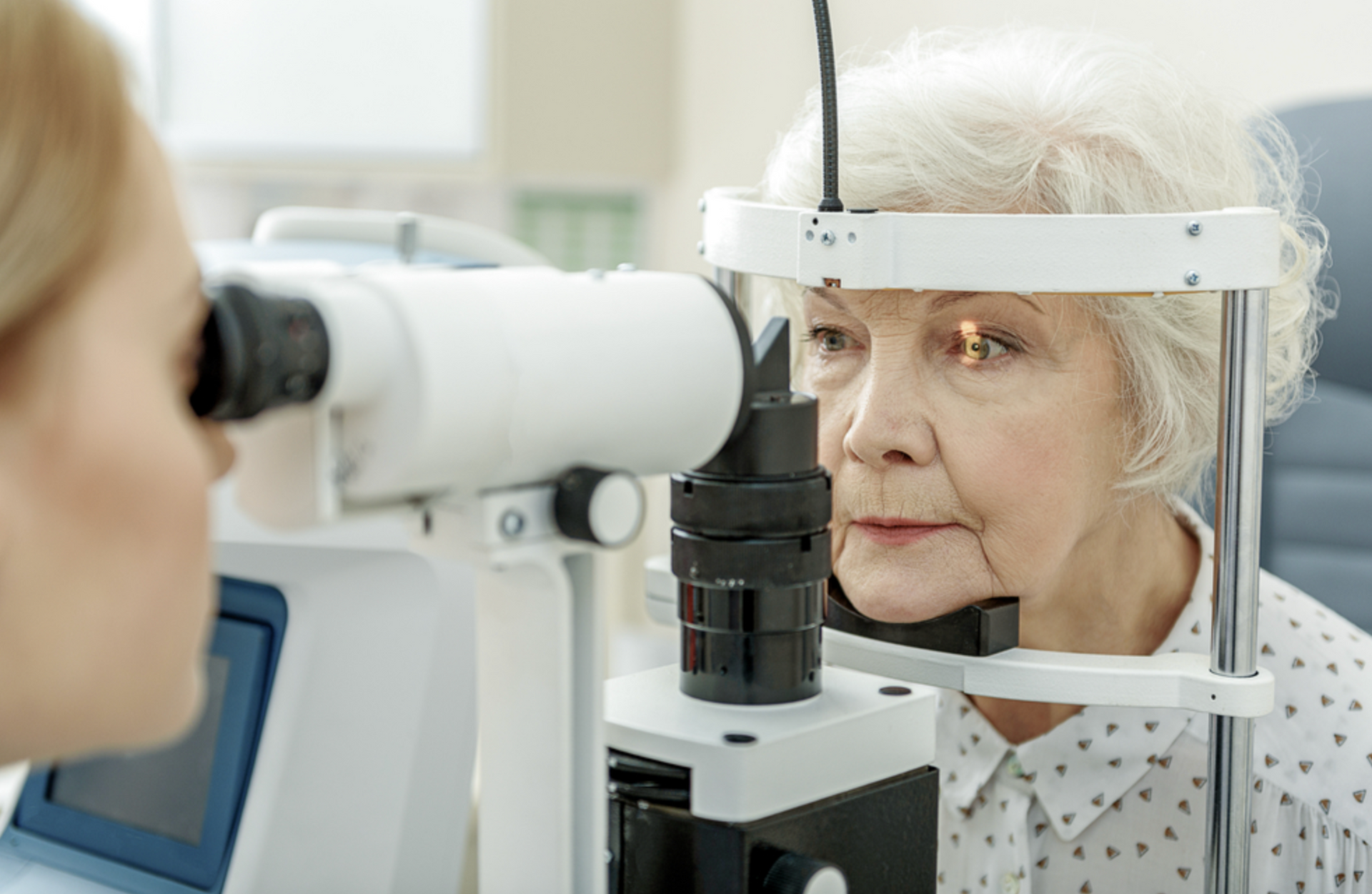Common Causes Of Blurred Vision & How They’re Treated
Blurred vision can appear gradually or suddenly, affecting one or both eyes. It might be mild, occasional, or persistent enough to impact reading, driving, or recognising faces. The causes range from refractive errors to eye diseases and systemic health conditions.
While some cases may be linked to temporary eye strain, others can indicate underlying medical issues requiring an ophthalmologist's assessment in Townsville. Understanding the common causes can help you recognise when to seek timely care and discuss the most suitable options with your eye doctor.
1. Refractive Errors
Refractive errors are among the most common reasons people experience blurred vision. They occur when the shape of the eye prevents light from focusing properly on the retina, leading to difficulty seeing clearly at certain distances.
They include:
- Myopia (short-sightedness): Difficulty seeing distant objects.
- Hyperopia (long-sightedness): Trouble focusing on nearby objects.
- Astigmatism: Distorted vision caused by an irregularly shaped cornea.
These conditions can often be managed with glasses, contact lenses, or other treatments. At 130 Eye in Townsville, patients with refractive errors undergo detailed assessments to identify the underlying issue and discuss the most suitable options.
2. Presbyopia
With age, the natural lens inside the eye loses flexibility. This makes it harder to focus on tasks that are near, like reading.
- Commonly noticed in the 40s or 50s.
- Often described as the need to hold reading material further away.
- Reading glasses, contact lenses, or other treatments may be considered.
Residents in Townsville often turn to 130 Eye for advice once these changes begin to interfere with daily activities.
3. Cataracts
Cataracts develop when the normally clear lens inside the eye becomes cloudy, making it harder for light to pass through clearly. This clouding can gradually affect daily activities, especially tasks that rely on sharp vision.
- Foggy or hazy vision: Things may appear blurred, washed out, or less colourful.
- Increased sensitivity to light: Bright sunlight or headlights at night may cause discomfort or glare.
- Gradual progression: Cataracts often worsen over time, and while they are more common in older adults, they can appear earlier in some cases.
At 130 Eye in Townsville, cataract patients receive careful assessments to determine the extent of the clouding and how it impacts their vision. Depending on the findings, the ophthalmologist can explain management strategies and, when appropriate, discuss surgical options.
4. Glaucoma
Glaucoma is an eye disease that damages the optic nerve, the pathway that carries visual information from the eye to the brain. It is often linked to high pressure inside the eye, but not always—some people may develop glaucoma even with normal eye pressure.
- Early stages may not cause obvious symptoms.
- Over time, side (peripheral) vision can be affected.
- Advanced cases may lead to more noticeable vision loss.
Because glaucoma can be silent in its early stages, patients in Townsville rely on 130 Eye for regular monitoring and treatment options.
5. Macular Degeneration
Age-related macular degeneration (AMD) impacts the central part of the retina, which is responsible for sharp vision.
- Straight lines may appear wavy or distorted.
- Reading and recognising faces become more difficult.
- AMD is more common in people over 60.
At 130 Eye, patients with AMD receive thorough retinal assessments to guide management strategies.
6. Diabetic Eye Disease
Changes in blood sugar levels can affect many body parts, including the eyes, in people with diabetes. Over time, high blood sugar may damage the tiny blood vessels in the retina, leading to diabetic retinopathy. This is one of the most common diabetes-related eye complications and can progress gradually.
- Early stages may cause blurred or fluctuating vision.
- More advanced stages can lead to bleeding or swelling inside the eye.
- Regular eye examinations are vital for early detection.
130 Eye in Townsville supports patients with diabetes through ongoing eye health monitoring and timely treatment planning.
7. Dry Eye & Environmental Factors
Dry eye is a common condition, and in Townsville’s climate, environmental factors can make it worse. Warm weather, air conditioning, and frequent screen use all contribute to dryness on the surface of the eye. When the eyes don’t produce enough quality tears or the tears evaporate too quickly, vision may become intermittently blurred, and the eyes may feel uncomfortable.
- Symptoms may include irritation, stinging, or intermittent blurring.
- Windy conditions and prolonged reading can make symptoms worse.
- While often not sight-threatening, it can significantly affect comfort.
Patients often visit 130 Eye to discuss dry eye treatments that help improve day-to-day quality of life.
When to Book an Appointment
Blurred vision can sometimes come and go, but there are certain situations where it’s important to book an appointment at 130 Eye in Townsville without delay. While not every change in vision signals a serious condition, getting checked early allows for a clearer understanding of what’s happening.
You should consider arranging an appointment if you notice:
- Sudden or severe blurred vision – especially if it affects one eye more than the other or appears without warning.
- Blurred vision with pain, flashes of light, or new floaters – these symptoms may point to problems that need urgent attention.
- Gradual vision changes that interfere with daily life – such as difficulty reading, driving, or recognising faces.
- Vision problems can be linked to other health conditions, such as diabetes, high blood pressure, or thyroid disease, which impact eye health.
- Ongoing discomfort or irritation may signal an underlying issue, including dryness, redness, or light sensitivity.
At 130 Eye, patients in Townsville often book appointments as soon as these signs appear, even if they initially seem minor. A consultation helps identify whether the cause is something straightforward or part of a larger eye condition that benefits from early management.
Book an Appointment with an Ophthalmologist in Townsville
At 130 Eye, we provide thorough eye assessments for people of all ages. Whether you have noticed changes in your vision or have been referred for specialist care, our ophthalmologists can examine your eyes, explain the findings, and discuss the next steps.
If you’re experiencing blurred vision or other visual changes, please get in touch with us via our contact page or give us a call to arrange an appointment.


